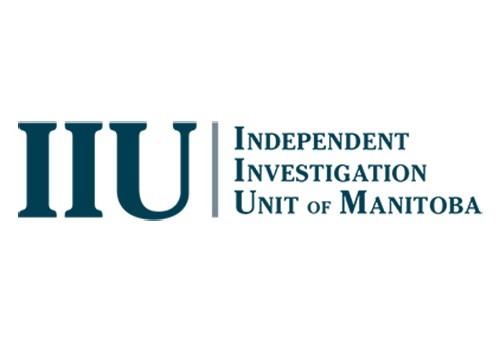Northern Manitoba First Nations leaders said Dec. 2 that they believed a God’s Lake First Nation member shot to death by Winnipeg police in April 2020 might still be alive if a police dog had been deployed to subdue him.
Stewart Andrews, 22, was shot five times and killed April 18, 2020 by a Winnipeg Police Service officer responding to a call about a man who said he was confronted and assaulted by two men who tried to rob him when he was taking out his garbage around 4 a.m. A 16-year-old male who was arrested at the same time received minor injuries and was charged with multiple offences including robbery and using an imitation weapon while committing an indictable offence, among others.
The shooting was investigated by the Independent Investigation Unit of Manitoba (IIU), which released a report on Thursday saying that no charges were being recommended against the officer who shot Andrews.
The officer said in a statement to the IIU, which looks into all serious incidents involving on- and off-duty police officers in Manitoba, that Andrews was aggressively swinging a metal pipe and coming toward him and a police dog handler when he was shot and that he felt himself and the other officer were in danger of serious injury if Andrews weren’t subdued.
The dog handler told the IIU that he did not deploy his dog because he was fearful that Andrews would kill it, a statement that shocked Garrison Settee, grand chief of Manitoba Keewatinowi Okimakanak (MKO), a political advocacy organization that represents 26 Northern Manitoba First Nations, including God’s Lake First Nation, where Andrews was originally from.
'We have many questions as to why the police dog was not deployed,” Settee said at a news conference. “I find this very troubling and very disturbing.”
Settee said it seemed as if officers believed the police dog’s life was more valuable than the life of an Indigenous man.
God’s Lake First Nation Chief Hubert Watt said Andrews, who was a father of one child and helping to raise two other children with his girlfriend, was a high school graduate with “high hopes, high ambitions.”
“There were other ways to deal with him,” Watt said.
Settee said that decades after Manitoba’s Aboriginal Justice Inquiry, things haven’t changed very much.
“It seems that the system has been very discriminatory to Indigenous people and how Indigenous people are dealt with compared to the rest of Canadian society,” he said, noting that Andrews was the third Indigenous person killed by Winnipeg police in a 10-day span that April. “Our people matter. Our people are not less than anybody else and they should not be treated unfairly and they should not be killed as if it’s of no consequence. There’s something wrong with the system.”
Settee said there also needs to be Indigenous involvement and oversight in investigations like this one by the IIU, which met with MKO and the Andrews family earlier this week to discuss their report before it was released publicly and will also send representatives to visit God’s Lake First Nation.
“There has to be an Indigenous oversight to the process that has been missing from the process,” Settee said. “It has never existed.”



